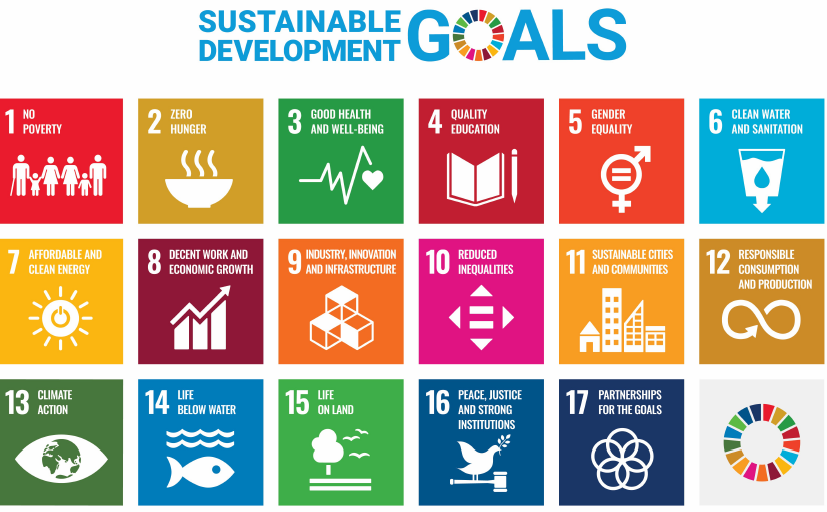What is Responsible Investing?
Although there isn’t a universal definition of responsible investment, we use the definition provided by the United Nations Principles of Responsible Investment (UNPRI):
“Responsible investment is a strategy and practice to incorporate environmental, social and governance (ESG) factors in investment decisions and active ownership.”
ESG investing uses a framework to assess companies on their environmental, social and governance performance while also considering financial returns. It recognises that investments have a broader impact on society and the environment. At Moore, we consistently strive to impart positive change for our clients through their investment strategy. Importantly, there is now a firm belief that Responsible Investment does not mean compromising on your investment returns and objectives.
What are ESG Issues?
ESG encompasses a wide range of issues that can materially impact the risk/return characteristics of investments. These issues may include, but are not limited to:
- Environmental: Climate change (emissions, fossil fuels, carbon footprint), sustainability (natural resource consumption/degradation, renewable energy), biodiversity (soil and water degradation), pollution and waste (waste reduction, treatment, recycling).
- Social: Community standards (alcohol, gambling, tobacco, adult entertainment, weapons), health and safety (standards, forced labour, child exploitation), human rights (equal opportunities, food security, conflict).
- Governance: Management structure (board independence and diversity, remuneration) governance (compliance, accountability), ethics (lobbying, transparency, corruption).
The United Nations have collaborated over many years to produce a shared blueprint for peace and prosperity for people and the planet, now and into the future. Their work has produced the 17 goals listed below, that countries and companies can work towards providing solutions for:
 Source: https://www.un.org/sustainabledevelopment/sustainable-development-goals/
Investment Classification Definitions
Source: https://www.un.org/sustainabledevelopment/sustainable-development-goals/
Investment Classification Definitions
Our independent research provider Zenith Investment Partners, suggests that individual investors are best positioned to determine the funds most closely aligned to their beliefs and values. To provide clients with increased Responsible Investment insights, Moore Australia uses this fund classification system below. The aim is to create a framework for investors to understand an investment manager’s integration of Responsible Investment themes within their process and associated impacts on the final portfolio outcome. Classifications are specific to individual funds and do not extend to an investment manager’s broader organisation.
The Responsible Investment (RI) Classification system is based on five tiers as follows:
| RI Category |
Description |
| Traditional |
Seeks to achieve a stated investment outcome with little to no regard for RI factors |
| Aware |
Seeks to achieve a stated investment outcome with consideration of a broad range of factors, including RI factors |
| Integrated |
Seeks to achieve a stated investment outcome with formal consideration of RI of factors that materially alter the products permitted in the universe and portfolio allocations |
| Thematic |
Seeks to achieve a stated investment outcome that includes all explicit RI and ESG objectives - both measurable and reportable |
| Impact |
Targets investments aimed at generating a positive, measureable social and environmental impact alongside a financial return |
Source: Zenith Investment Partners, 2022.
How do we construct an ESG portfolio?
To construct an effective and sustainable ESG portfolio, we ensure that sharing of information is fluid between our research, consulting and responsible investing teams.
- The RI classification system is then used as a key input for ESG and ethical screening.
- The Moore Wealth Management Quarterly Investment Committee provides an important and required feedback loop to ensure that the end client needs are front of mind.
- With the commitment to Responsible Investment and the research team's dedication to rigorous fund manager analysis, we have developed three risk adjusted portfolio profiles (Balanced, Growth and High Growth) that will accommodate most investors. We also have the capability to create custom portfolios so that we can ensure we meet our clients specific needs.
Some of the investment managers we work with include Robeco, IMPAX, Stewart Investors and Baillie Gifford.
If you have questions about how this investment approach works, or how we can support you in your ESG investment goals, please reach out to the
Moore Australia Wealth Management team.